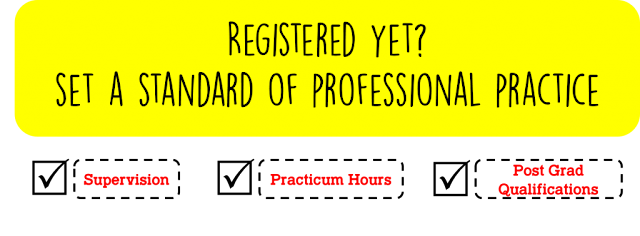As discussed before (in this link), there is no accreditation of programs for local degrees, and accreditation of overseas programs available in Singapore are to be accredited by the respective accreditation bodies of the different countries. In Singapore (and some of our neighbouring Asian countries), we have this very unique culture of overseas programs being offered in our local Private Educational Institutes (PEIs). In Singapore, we have undergraduate and postgraduate programs primarily from America, Australia, and UK. For those who are new to this blog or wish to understand the study pathway towards being a psychologist in Singapore, please view this post.
For local psychology programs, we know that there are only five local programs*, and according to CPE (as updated on 24 Sept 2014), there are 34* registered overseas psychology undergraduate programs in Singapore. For postgraduate programs, there are only seven of them*, local and overseas. All in all, there is only a total of 45* programs offered by a total of less than 20 different institutions.
*Links are updated. Figures are at 24 Sept 2014.
I have previously discussed the importance of having an accreditation of programs, which the focus of this post would be on Reason 4:
The accreditation of programs should tie in with the registration of psychologists, because the main route of training for students to be psychologists in Singapore is through these programs. In turn, the programs should prepare you to be a competent psychologist. However, these connections are only assumed:
With regard to competence, you may wish to also read these posts:
1) The need of a postgraduate program and Competence
2) Jobs (Part 6): Why so strict??
For local psychology programs, we know that there are only five local programs*, and according to CPE (as updated on 24 Sept 2014), there are 34* registered overseas psychology undergraduate programs in Singapore. For postgraduate programs, there are only seven of them*, local and overseas. All in all, there is only a total of 45* programs offered by a total of less than 20 different institutions.
*Links are updated. Figures are at 24 Sept 2014.
I have previously discussed the importance of having an accreditation of programs, which the focus of this post would be on Reason 4:
4. Those who complete accredited programs will be "sufficiently qualified and competent to meet the registration requirements" (APAC, 2012). With the registration requirements met out, this accreditation standards could be in line with the registration requirements. This would mean that the program that you are doing will be able to equip you with the psychological knowledge and skills you will need to become a psychologist.
 |
| Image Credit: http://singaporepsychologicalsociety.org/singapore-register-of-psychologist/srp-membership-application/ |
- Students assume that schools are training them the knowledge and skills they need. With no accreditation of the programs, there is no fixed regulation of what are supposed to be taught to the students.
- The registration council assumes that these programs are sufficiently equipping the students with the knowledge and skills, and the certificates the students get upon graduation are proof of these knowledge and skills. However, we do not truly know the knowledge and skills the 'psychologist' possess when they are applying for registration (to be a psychologist) with just their postgraduate certificates.
With regard to competence, you may wish to also read these posts:
1) The need of a postgraduate program and Competence
2) Jobs (Part 6): Why so strict??

Comments
Post a Comment